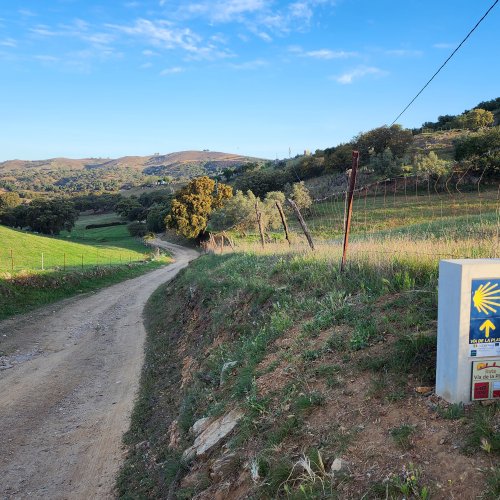And when you have dietary restrictions - carrying your dietary needs may be necessary and/or preferred. Even on the days I had plenty of access to "food", I didn't find I had access to the "right food" for my medically prescribed diet. Too much of the food being served was on my "do not eat" list, especially foods on the pilgrims menu. And many non-perishable foods that most people carry I am also not supposed to eat. But many of the perishable foods - things like eggs, cheese, meats, and yogurt ARE on my medically prescribed diet.
I do carry non-perishable foods. But I also need to supplement with some perishable items, perishable foods that support and promote my medical dietary needs. And to do this - to some degree, I need to carry perishable foods.
So yes, this topic is relevant to many individuals.











